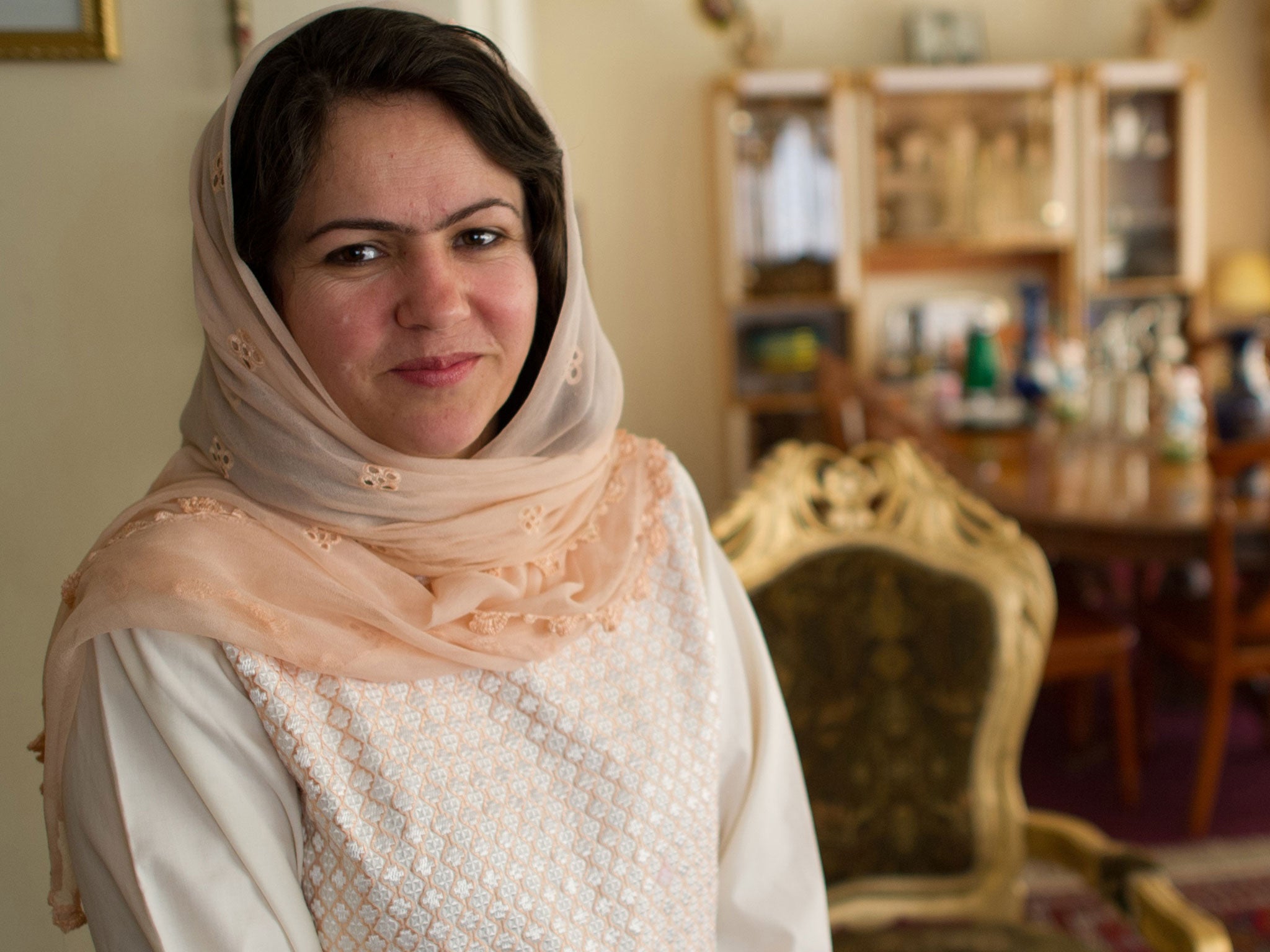Afghans block law protecting women’s rights
Hardliners say proposed legislation to outlaw domestic violence is against Islamic principles

Your support helps us to tell the story
From reproductive rights to climate change to Big Tech, The Independent is on the ground when the story is developing. Whether it's investigating the financials of Elon Musk's pro-Trump PAC or producing our latest documentary, 'The A Word', which shines a light on the American women fighting for reproductive rights, we know how important it is to parse out the facts from the messaging.
At such a critical moment in US history, we need reporters on the ground. Your donation allows us to keep sending journalists to speak to both sides of the story.
The Independent is trusted by Americans across the entire political spectrum. And unlike many other quality news outlets, we choose not to lock Americans out of our reporting and analysis with paywalls. We believe quality journalism should be available to everyone, paid for by those who can afford it.
Your support makes all the difference.Conservative religious lawmakers in Afghanistan blocked a law that aims to protect women’s freedoms, with some arguing that parts of it violate Islamic principles or encourage women to have sex outside of marriage.
The failure highlights how tenuous women’s rights remain a dozen years after the overthrow of the Taliban. Khalil Ahmad Shaheedzada, a conservative lawmaker for Herat province, said the legislation was withdrawn shortly after being introduced in parliament because of fierce opposition from religious parties who said parts of the law are un-Islamic. “Whatever is against Islamic law, we don’t even need to speak about it,” Mr Shaheedzada said.
The law on elimination of violence against women has actually been in effect since 2009 by presidential decree. It is being brought before parliament now because the lawmaker Fawzia Koofi, a women’s rights activist, wants to cement it with a parliamentary vote to prevent its reversal by any future president who might be tempted to repeal it to satisfy hardline religious parties.
Among the law’s provisions are measures to criminalise child marriage and ban baad, the traditional practice of selling and buying women to settle disputes. It also criminalises domestic violence and specifies that rape victims should not face charges for fornication.
“We want to change this decree as a law and get the vote of parliament for this law,” said Ms Koofi, who is herself running for president in next year’s elections. “Unfortunately, there were some conservative elements who are opposing this law. What I am disappointed at is there were also women who were opposing this law.”
Afghanistan’s parliament has more than 60 female lawmakers, mostly as a result of constitutional provisions reserving certain seats for women. The child marriage ban and the idea of protecting female rape victims from prosecution were particularly heated subjects in Saturday’s parliamentary debate, said Nasirullah Sadiqizada Neli, a conservative parliamentarian from Daykundi province. Mr Neli suggested that removing the custom – common in Afghanistan – of prosecuting raped women for adultery would lead to chaos, with women engaging in extramarital sex safe in the knowledge they could claim rape if caught.
Mr Shaheedzada also claimed that the law might encourage promiscuity among girls and women, saying it reflected Western values not applicable in Afghanistan. “Even now in Afghanistan, women are running from their husbands. Girls are running from home,” he said. “Such laws give them these ideas.”
Freedoms for women are one of the most visible – and symbolic – changes in Afghanistan since the 2001 campaign that toppled the Taliban. Aside from their support for al-Qa’ida, the Taliban are probably most notorious for their harsh treatment of women under their severe interpretation of Islamic law.
For five years, the regime banned women from working and going to school, or even leaving home without a male relative. In public, all women were forced wear a head-to-toe burqa. Violators were publicly flogged or executed. Freeing women from such draconian laws lent a moral air to the Afghan war. Since then, women’s freedoms have improved, but there are fears these freedoms could shrink once Nato-led forces leave the country by the end of next year.
AP
Join our commenting forum
Join thought-provoking conversations, follow other Independent readers and see their replies
Comments